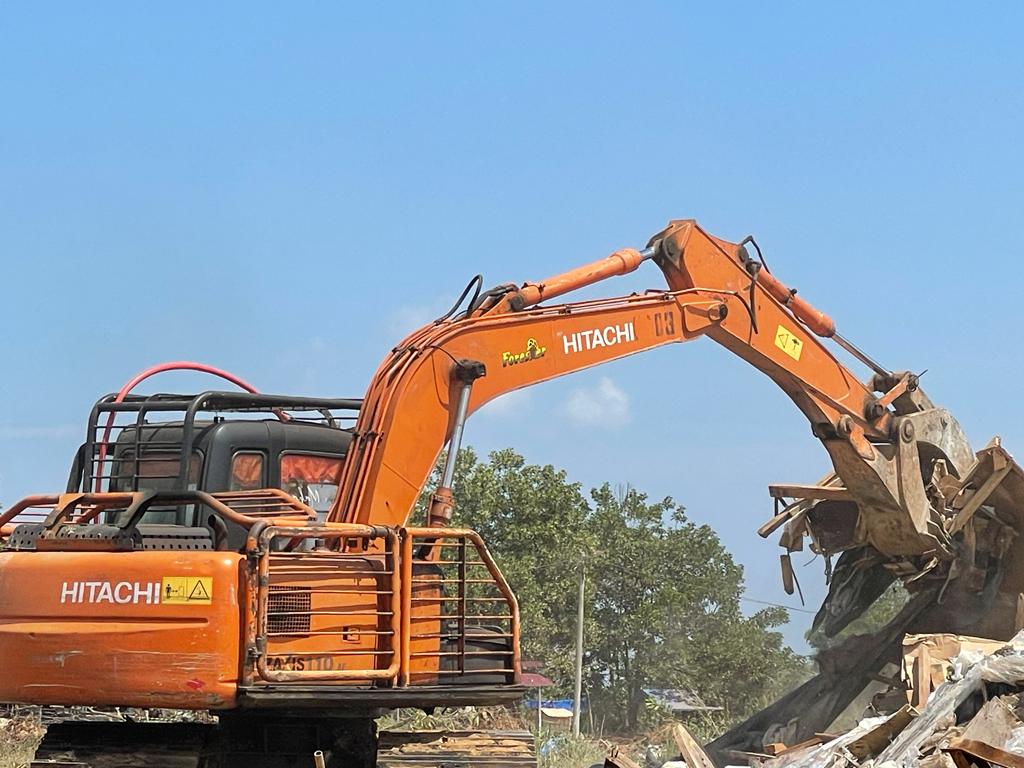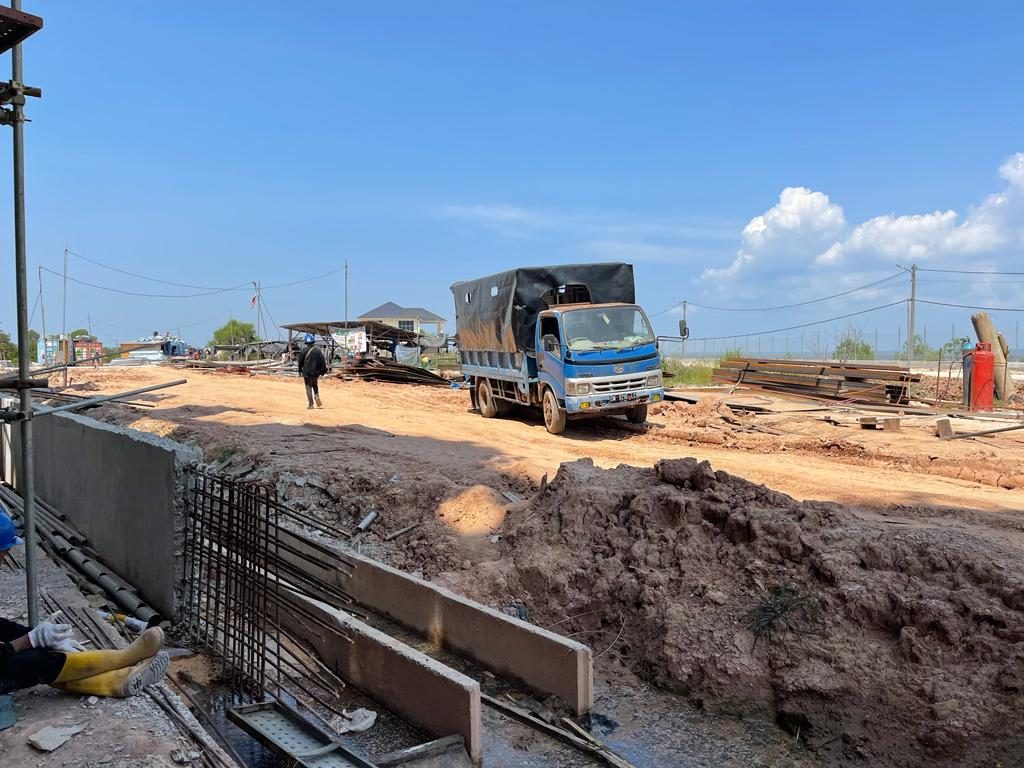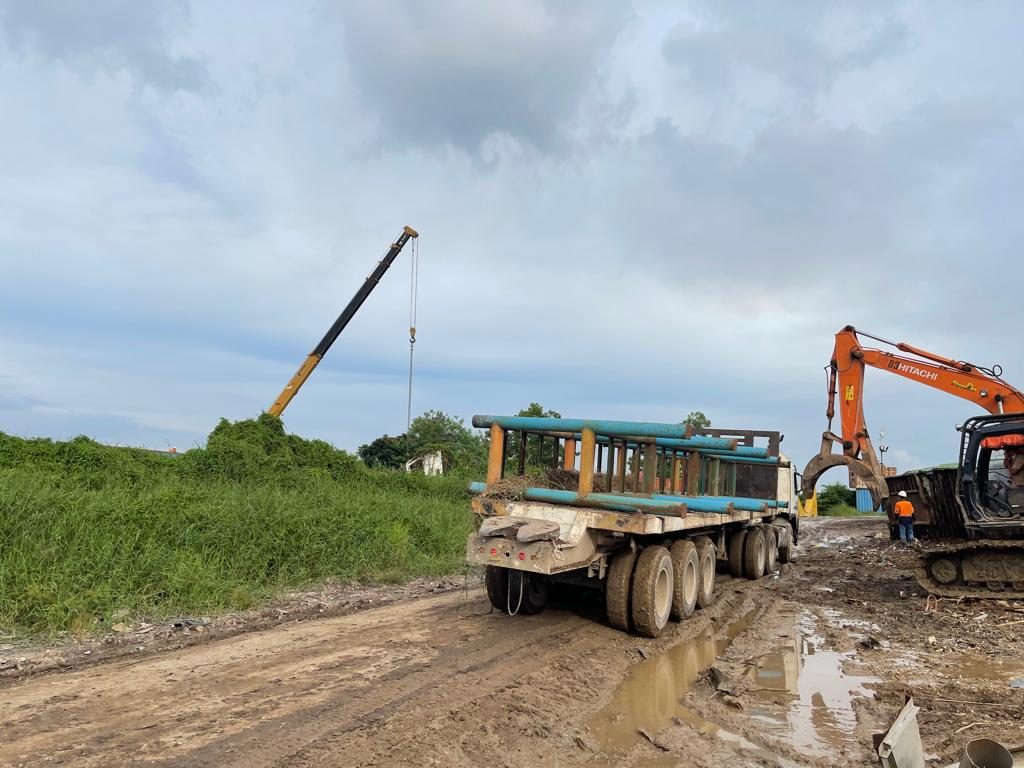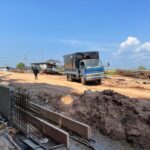Digital Transformation: The Future of the Construction Industry in Indonesia
Introduction
The construction industry in Indonesia is on the cusp of a revolutionary transformation. Gone are the days of manual blueprints, labor-intensive processes, and fragmented project management. The future of construction in Indonesia is digital, and this paradigm shift promises efficiency, sustainability, and innovation like never before.
Indonesia’s construction sector has traditionally been characterized by a reliance on conventional methods. However, the advent of digital technologies is set to redefine how projects are planned, executed, and managed. From Building Information Modeling (BIM) to real-time project tracking, these innovations are reshaping the industry.
The Digital Revolution Unleashed
The Digital Revolution Unleashed
Indonesia’s construction sector has traditionally been characterized by a reliance on conventional methods. However, the advent of digital technologies is set to redefine how projects are planned, executed, and managed. From Building Information Modeling (BIM) to real-time project tracking, these innovations are reshaping the industry.
Building Information Modeling (BIM)
BIM is the linchpin of the digital revolution in construction. It enables the creation of detailed 3D models that serve as dynamic databases for a project’s entire lifecycle. From design and construction to maintenance, BIM fosters collaboration, streamlines decision-making, and reduces costly errors.
IoT and Real-Time Monitoring
The Internet of Things (IoT) is making construction sites smarter. Sensors and devices connected through IoT networks provide real-time data on everything from equipment performance to worker safety. This data empowers project managers to make informed decisions swiftly.
AI and Predictive Analytics
Artificial Intelligence (AI) is transforming construction project management. AI algorithms analyze vast datasets to predict potential delays, cost overruns, and safety hazards. This proactive approach helps in risk mitigation and resource optimization.
Sustainability Through Data
The construction industry is a significant contributor to environmental impact. Digital technologies enable a more sustainable approach by optimizing resource utilization, reducing waste, and enhancing energy efficiency.
Challenges and Opportunities
The path to digital transformation is not without hurdles. It requires significant investment in technology, upskilling the workforce, and navigating regulatory challenges. However, the benefits are substantial, including increased productivity, reduced costs, and improved project outcomes.
Conclusion
The digital transformation of the construction industry in Indonesia is not a mere trend but a necessity. It promises to revolutionize how projects are conceived, planned, and executed. As the nation continues to invest in infrastructure development, embracing digital tools and technologies will be the key to unlocking the sector’s full potential.
Indonesia stands at a crossroads, where tradition meets innovation. The construction industry has the opportunity to become a beacon of technological advancement, driving economic growth and sustainability. As we witness this exciting evolution, one thing is clear: the future of construction in Indonesia is digital, and it’s a future filled with possibilities.
The digital transformation of Indonesia’s construction industry is poised to enhance efficiency, sustainability, and project outcomes. By embracing digital tools and technologies, the sector can navigate the challenges and harness the opportunities that lie ahead.




